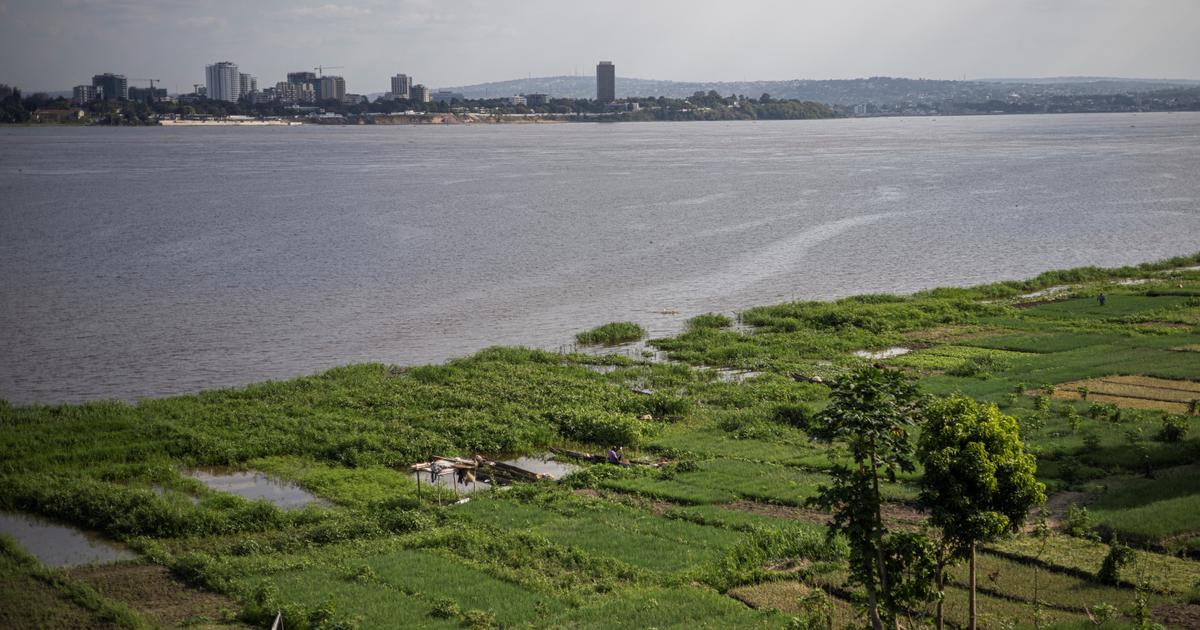AreaRead the video transcript expand here
Christoph Reuter, DER SPIEGEL
»Up until 14 days ago, where I am sitting now, there was one of the centuries-old, legendary cedars of the forest of Kamdesh.«
For years, this area was absolutely inaccessible to Western journalists.
Before SPIEGEL reporter Christoph Reuter could sit on the tree trunk, a long, arduous journey was necessary.
For two days, it led over bumpy roads to eastern northern Afghanistan, to the province of Nuristan.
The remote area used to be a stronghold of al-Qaeda terrorists, the so-called "Islamic State" and other radical organizations who came across the nearby Pakistani border and found safe retreats here in the mountains.
Today, the locals greet the probably only journalists who go to this area in a friendly manner.
The white flags of the new rulers are waving along the way.
A sign that the Taliban are also in control here, far away from the capital.
Anyone who drives along here arouses the curiosity of the locals:
Conversation between team driver and car driver:
"How are you doing? Every thing OK?"
"It's all ok."
"Do you work here on this route?"
"I'm only here with guests."
"Well, then have fun. Can we still help?'
"No thank you!"
separator
Cell phone video
"The USA is leaving Afghanistan."
Even after the Taliban took power a good year ago, SPIEGEL reporter Christoph Reuter has been in Afghanistan again and again.
His early assessments have long since come true:
September 2021
Christoph Reuter, DER SPIEGEL
» The Taliban that you have met are extremely friendly, polite, trying hard, throwing you flirty looks.
In the press center we got the accreditation within five minutes.
With good wishes that we could go anywhere now.
.
And the first taxi driver we took to get back to the accommodation from there said: They are too friendly.
This isn't real.
Wait three months, wait six months.
We are terrified of what will happen then.«
A few months later, an old farmer in the drought-stricken province of Faryab summarized what happened as follows:
Farmer from Faryab
»If God is merciful, it will rain.
If not, I'm screwed.
The whole country is screwed already.”
December 2021
Christoph Reuter, DER SPIEGEL
» This is roughly the mood that we encounter in Ghormach, where in large parts or almost everywhere it has not rained at all since January around 2020.
«
February 2022
Circumstances quickly prevail in the country that lead to massive refugee movements.
But flee to where?
There are no jobs in the cities, so by spring many people realize that there is only one option: to leave the country.
The SPIEGEL reporter's team drove to the Iranian border in the southwestern province of Nimruz.
There, refugees tried desperately to make their way through the desert landscape to the neighboring country.
Saranj, February 2022
Christoph Reuter, DER SPIEGEL
»This endless train of people every day, a thousand or two thousand Afghans trying to cross the border to Iran illegally. In the hope of a better life despite the economic crisis and unemployment there.
But only very few of them make it.
Most of them are collected after a few 100 meters, sometimes by force of arms, arrested and hours later, a day later, deported - back to Afghanistan."
This border route has also been closed since the summer: the path through the desert no longer leads to a supposedly better future.
Nuristan Province, August 2022
About six months later: In the north-east of the country, in the province of Nuristan, there is no longer a trace of drought.
A downpour surprised the SPIEGEL team.
It has rained almost everywhere in the country since the winter, and more here.
The so-called "Nuristan Highway" leads up to the heights of Barg-i-Matal.
It is a mountain slope that can only be managed with four-wheel drive vehicles.
At least the danger of another drought has been averted here for the time being.
On its expedition, Reuter's team documented "blossoming landscapes" - actually.
Because in the jungle of Kamdesh is cut down.
For centuries, the residents of the Kamdesh Valley have defended their forests against invaders, but now scores of centuries-old cedars and firs are being felled.
Kamdesh, August 2022
Christoph Reuter, DER SPIEGEL
»What looks like overexploitation by invaders, what used to be done by the Pakistani timber mafia, the Taliban, some militias, isn't like that.
Rather, these and dozens of other of the most beautiful trees in this famous forest were felled by the inhabitants of the villages below the forest, by the Kamdeshis, who have guarded this forest closely for centuries.
But, they say, hundreds of us have lost our jobs in Kabul, other cities, we have no income.
Quite a lot have come back to their remote valley, and after long debates the elders of the villages have allowed that everyone who separates from the returnees, each of the returnees who builds a house, may cut down a tree or several share one, if it yields enough beams to build a house.
No more trees may be felled.
And all the Kamdeshis we spoke to say: We would have preferred not to touch these trees.
This is our life, this forest.
But we have no choice."
These forests had survived all times of war and lawlessness.
Whether they will continue to do so is uncertain.















